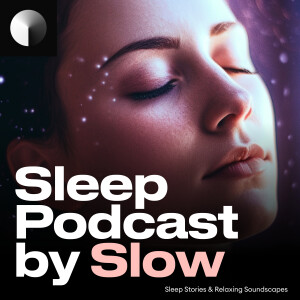
Daylight Saving Time in Europe - Enjoy the extra hour of sleep with calm ocean sounds. Join the waitlist for our upcoming sleep app.
 2019-10-27
2019-10-27
Do you feel tired in the morning? Join the waitlist for our upcoming sleep app here: https://sleepmeditationpodcast.com/app
Daylight Saving Time:
In the European Union, Summer Time ends the last Sunday in October. In the EU, all time zones change at the same moment. In the US, clocks go back on the first Sunday in November.
What’s the point of daylight saving time?
In short, to make better use of the light. When we move clocks backward an hour in the autumn, we are effectively transferring an hour of daylight from evening to morning, when it is arguably more useful to more people. The opposite thing happens in the spring. Daylight saving time is specifically the period between spring and autumn when we get an extra hour of daylight in the evening. Smarter readers will have noticed that no daylight is actually saved.
When did it all start?
The idea of fiddling with time to save energy or make the day seem longer goes back more than 200 years, though it was not until the first world war that it was finally taken seriously. Coal shortages throughout Europe prompted Germany and its ally Austria-Hungary to take up daylight saving in 1916 to preserve energy, and a flurry of other nations on both sides of the conflict quickly followed suit. The UK took the plunge in May 1916 and has stuck with it ever since.
Many countries dropped the ruse after 1918, only readopt it during the energy crises of the 1970s.
What is happening this year?
All EU member states move clocks back one hour on Sunday, under a law that harmonizes the duration of wintertime to prevent a proliferation of different seasonal changes across neighboring countries.
In the US, clocks go back on the first Sunday in November.
In the antipodes, New Zealand moved its clocks forward at the end of September and Australian states that observe daylight saving (New South Wales, Victoria, South Australia, Tasmania, and the Australian Capital Territory) made the switch on the first Sunday in October.
Russia decided to stick with daylight saving all year round in 2011, but that led to darkness at noon in some latitudes, and so in 2014 it reverted to standard time in the autumn. The clocks have stayed there ever since.
Find longer sleep playlists on Spotify here: https://www.sleepmeditationpodcast.com
As always, sleep well 😴
Help the sleep-deprived and share this podcast with a sleepy friend. 🗣️
Use hashtag on Instagram: #sleeppodcastshare
Follow us on Instagram: @sleep.meditation.podcast
Follow us on Twitter: sleep_triggers
Thank you for listening! 💕LOVE LOVE 💕
More Episodes
 2020-11-25
2020-11-25
 2020-11-23
2020-11-23
 2020-11-19
2020-11-19
Create your
podcast in
minutes
- Full-featured podcast site
- Unlimited storage and bandwidth
- Comprehensive podcast stats
- Distribute to Apple Podcasts, Spotify, and more
- Make money with your podcast
It is Free
- Privacy Policy
- Cookie Policy
- Terms of Use
- Consent Preferences
- Copyright © 2015-2024 Podbean.com



